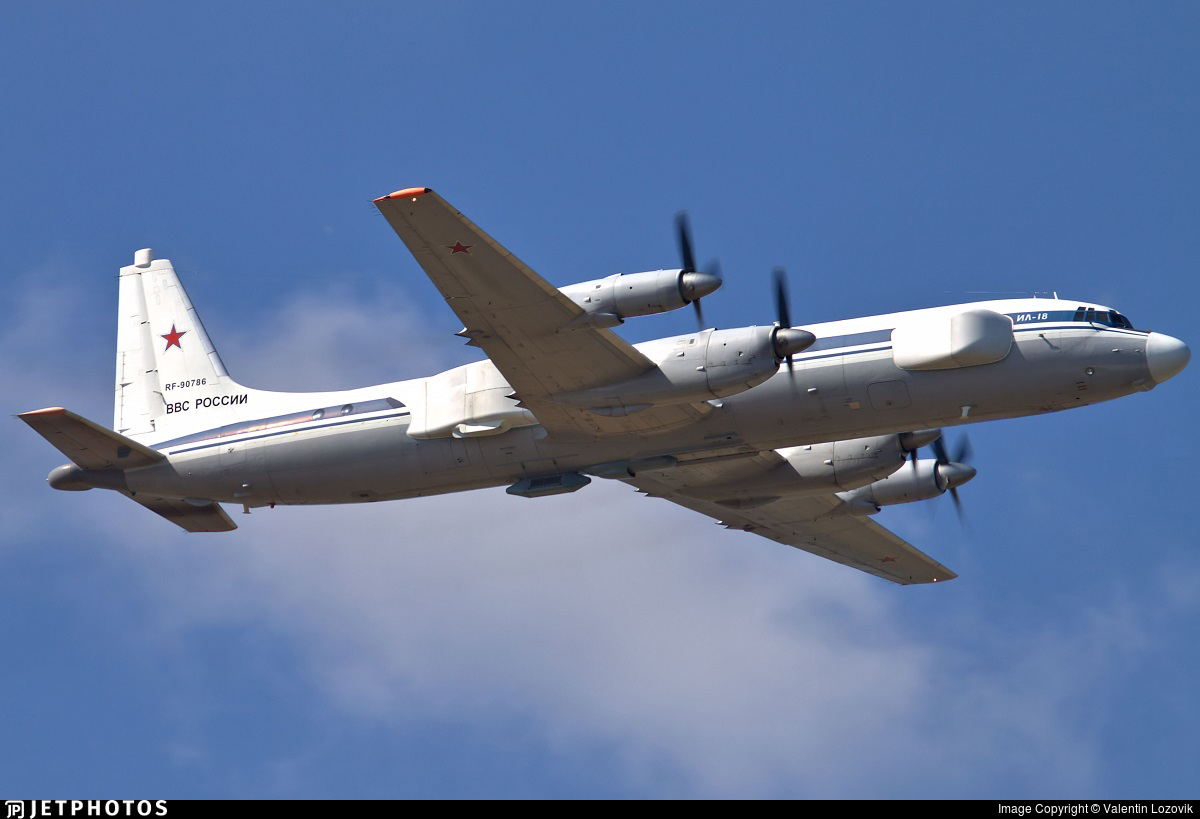NATO scrambled Spanish Eurofighters and Italian F-35s today from their bases in Lithuania and Estonia, tasked with intercepting Russian military aircraft over the Baltic Sea, after three unknown aircraft were detected leaving Kaliningrad.
The pilots identified two Il-22PP Mute electronic warfare aircraft and an Su-24 Fencer fighter aircraft. At the same time an IL-76 Candid transport aircraft was tracked, intercepted and identified in the same area.
None of the Russian aircraft had flight plans or transmit transponder codes posing a potential risk to civilian flights in heavily congested air space.
Major General Karsten Stoye, Chief of Staff Allied Air Command said “The air and sea lanes in this region are congested with large volumes of civilian traffic transiting through the area, so aircraft not following international air safety regulations pose a potential danger to civilian traffic.”
According to Piotr Butowski, the aircraft is a SIGINT (Signal Intelligence) and stand-off jamming platform, based on a converted Il-22 aircraft (a command post and radio relay aircraft that itself was based on the Il-18D airliner).
Mikhail Khodorenok, a retired colonel and military analyst of the Gazeta.ru newspaper, told Russia Beyond, “At one time, a few more options were considered: AN-140 and AN-158 planes with turbojet engines as well as the Tu-214, however, at the time of the formation of the ‘defense procurement’ in 2009, none of these models were not yet fully ready to be equipped with the latest electronic warfare [EW] systems.”
“Of course, this is not an ideal solution,” he added, explaining why the new weapon has been placed on a “trusty old horse…. However, for lack of a better option, a choice had to be made – either to stay without the EW aircraft, or to mount the equipment on the tested wings.”
Encounters with this old yet modern aircraft are rare – this was the first time over the Baltic – and the West waits to see if it is the first of many future encounters.


0 Comments